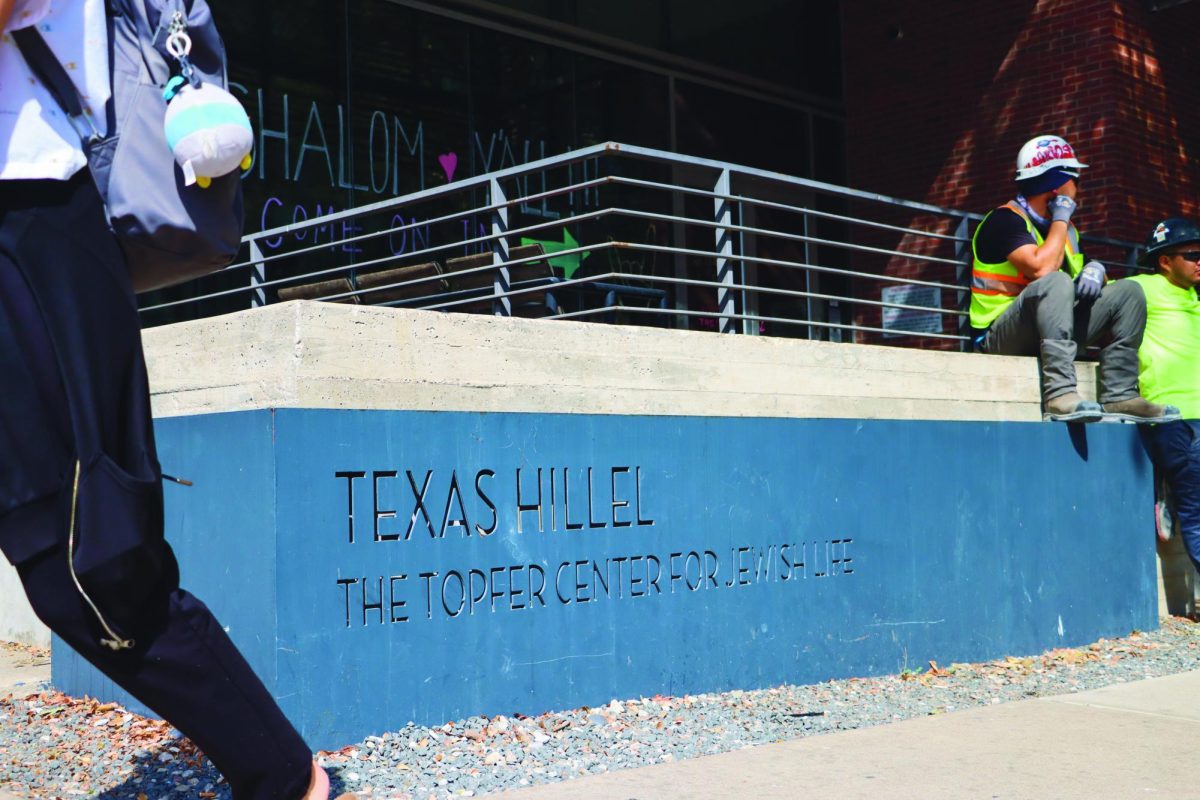UT does not perform criminal background checks on prospective undergraduate students as part of the admissions process, according to Joey Williams, interim communications director for the provost’s office.
It is important for schools to accept applicants with criminal backgrounds because college gives them an opportunity to rebuild their lives, according to Williams.
“The federal government now offers Pell grants to inmates in prison because they know what role higher education plays in the rehabilitative process, and there is a lot of research that backs that up,” Williams said.
UT-Austin is not alone in refraining from criminal background checks, according to Jarell Booker, deputy assistant commissioner for college readiness with the Texas Higher Education Coordinating Board.
ApplyTexas, the centralized admissions portal for all public institutions of higher education in Texas, has never collected criminal background information or high school disciplinary records since its inception in 1997, Booker said. Universities do not have the authority to discriminate against prospective students who have criminal backgrounds once they have completed their sentence, Williams said.
“Let’s say that somebody is convicted of a crime, and they go to jail, and they are punished,” Williams said. “Are we going to put ourselves in the position to say that they should not able to get an education and improve themselves? It’s not our role to judge somebody if they have already fulfilled what society has asked of them.”
According to a study conducted by the Center for Community Alternatives, universities that do not conduct criminal background checks do not report that their campuses are less safe as a result, said Emily NaPier, director of justice strategies at the Center for Community Alternatives.
NaPier said she believes background checks unfairly lead to the exclusion of minorities from higher education due to race-based discrimination in the criminal justice system.
“There are plenty of people of color who get ensnared in our criminal justice system for behaviors that are exactly the same as behaviors that affluent white people are engaging in who never get caught up in the criminal justice system,” NaPier said. “Because we know about the stark racial disparities at every phase of our criminal justice system, screening people for criminal histories in and of itself cannot be a race neutral practice.”
Psychology and English senior Amanda Casco said the University should only spend resources on conducting background checks if a student has exhibited concerning behavior on campus.
“I would assume that the only reason a university would need to run a background check is if a current student is engaging in suspicious or damaging behavior in order to help evaluate whether that person poses a threat,” Casco said. “In that case, the university’s resources would be better spent on addressing the concerns of the ongoing problematic behavior being committed by the student, [regardless of] whether or not that student has priors.”
Mahroosa Haideri, youth and community services freshman said she thinks UT should employ background checks because the campus should be aware if its inhabitants have had a criminal history.
“Especially for a school this size, it’s a safety issue that we know who is walking around campus,” Haideri said.





















